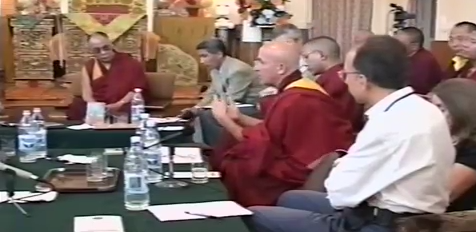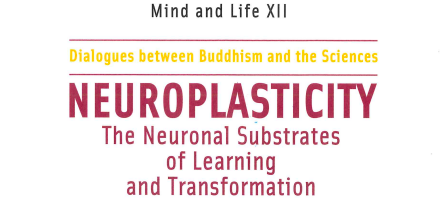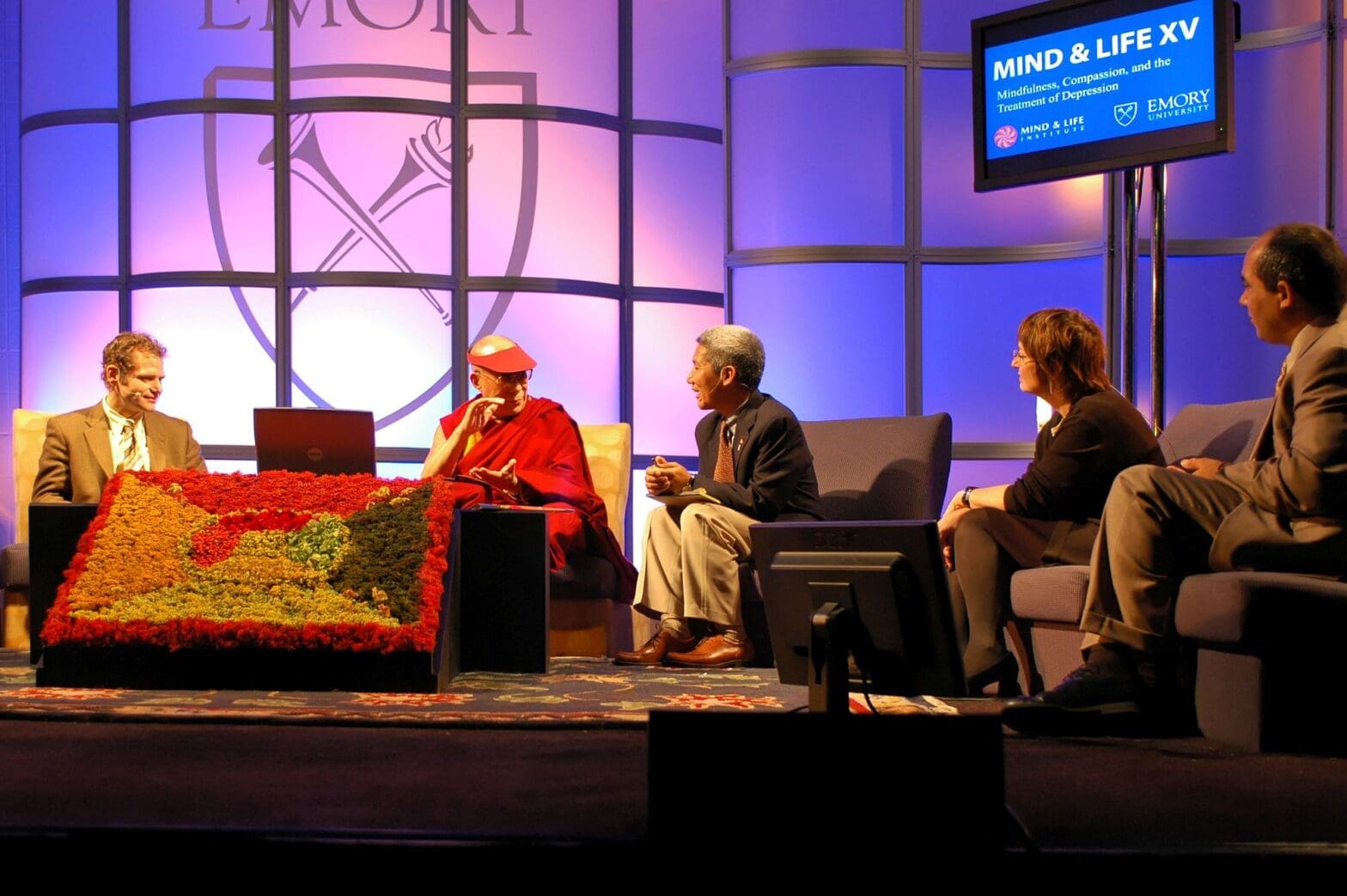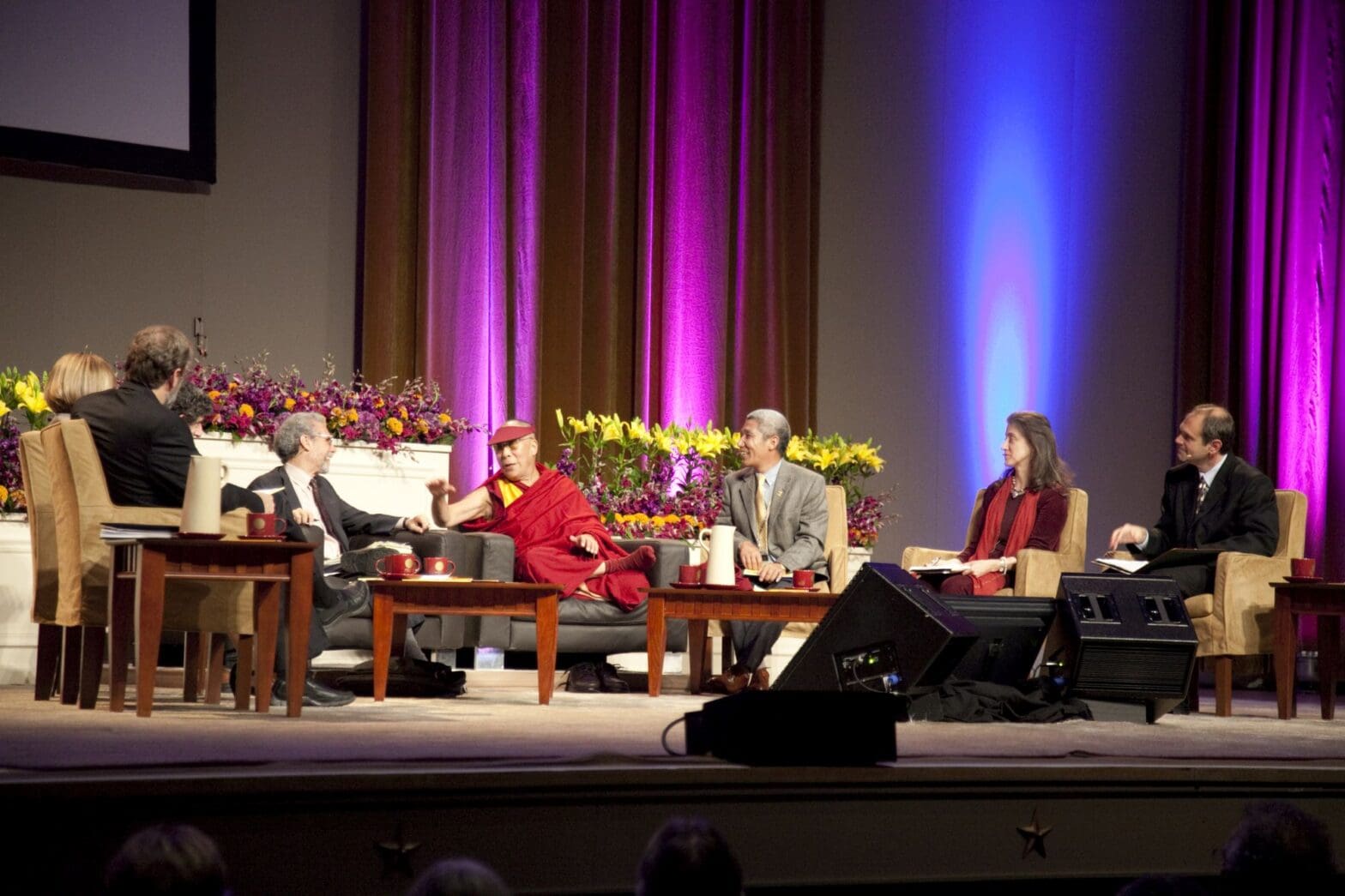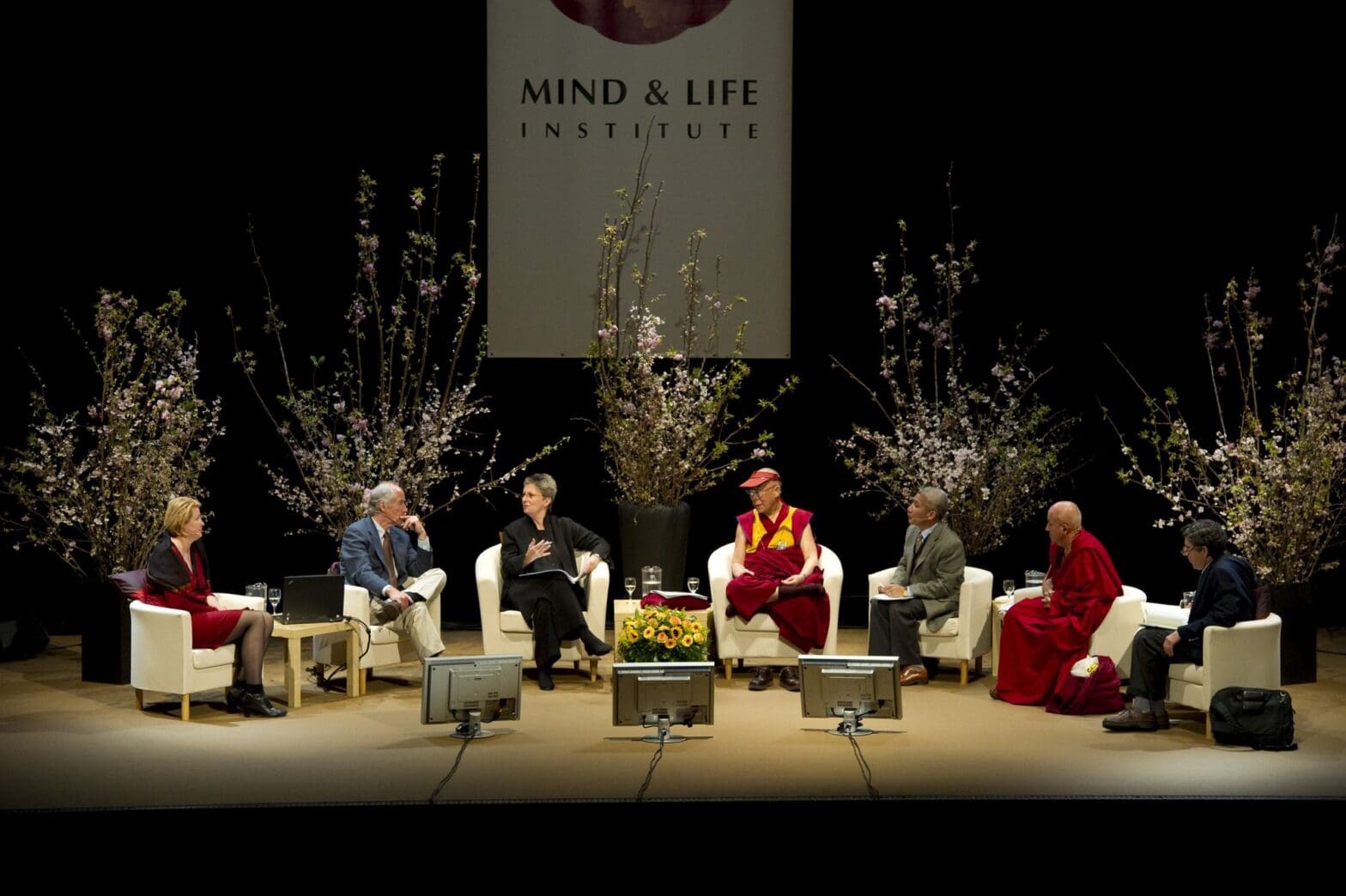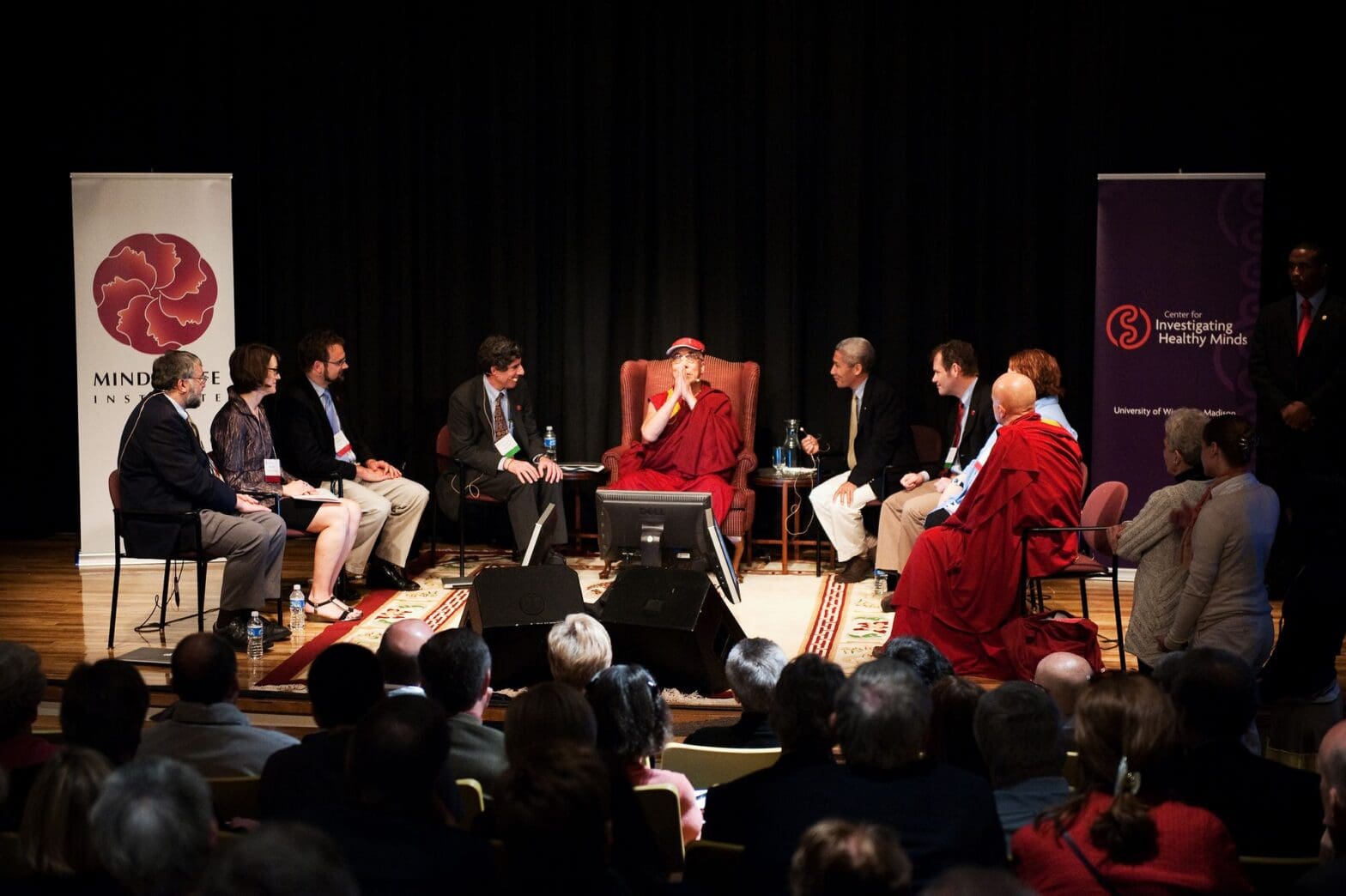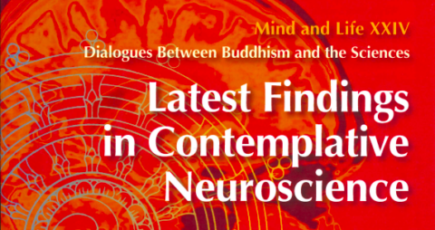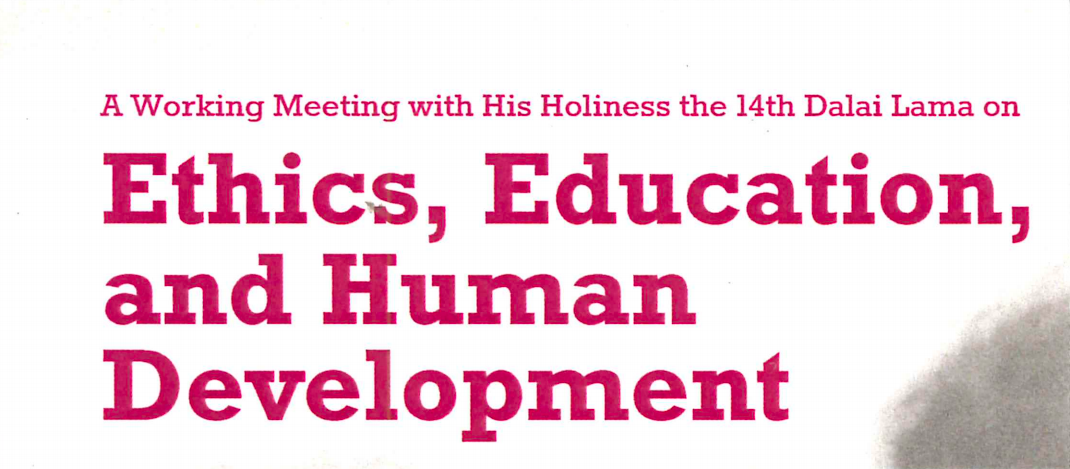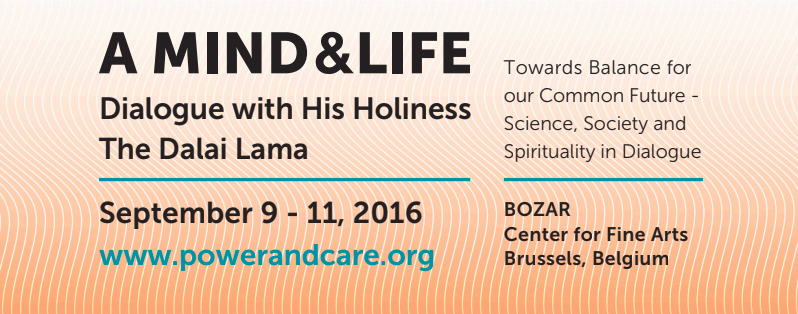At the outset of his famous 1943 lecture What Is Life?, the physicist Erwin Schrödinger posed the question, “Can that which takes place inside a living organism be accounted for by physics and chemistry?” In this Dialogue, we explore the perennial question concerning the nature of life and its relationship to matter. Schrödinger’s question is asked …
Convening Type Archives:
2004 Mind & Life Dialogue XII
Neuroplasticity refers to structural and functional changes in the brain that are brought about by training and experience. The brain is the organ that is designed to change in response to experience. Neuroscience and psychological research over the past decade on this topic have burgeoned and are leading to new insights about the many ways …
2007 Mind & Life Dialogue XV
In contemporary behavioral science, the general term “depression” covers a wide range of some of the most striking and prevalent forms of mental suffering in the world today. Within the broad spectrum of depression, some forms are relatively well understood. This Dialogue builds on that understanding to further examine the nature of depression and explore …
2009 Mind & Life Dialogue XVII
Private dialogue LOCATION: Ann Arbor, Michigan Participants
2009 Mind & Life Dialogue XIX
How can our educational system evolve to meet the challenges of the 21st century? How will we educate people to be compassionate, competent, ethical, and engaged citizens in an increasingly complex and interconnected world? The urgent challenges of a globalized and interdependent world demand a new vision of world citizenship that is not confined to …
2010 Mind & Life Dialogue XX
Classic economic theory is based on the assumption that humans are self-interested and rational actors, and casts doubt on the very existence of altruism. New research in both economics and neuroscience reveals a much richer and more complex picture of humanity, where altruism and compassion are not only part of the equation but also can …
2010 Mind & Life Dialogue XXI
As part of the grand opening of the Center for Investigating Healthy Minds, the Dalai Lama, along with contemplatives and contemplative scholars, engaged in a dialogue with scientists envisioned in the style of a working lab meeting. In a session to update His Holiness on the latest scientific discoveries, presenters outlined recent research findings as …
2012 Mind & Life Dialogue XXIV
In this private dialogue, six young scientists were chosen to represent the Francisco J. Varela Grant program, a catalyst for seeding the field with young scientists investigating contemplative practice. These researchers, representing a new generation of scientists, presented the Dalai Lama with their recent research outcomes. LOCATION: Rochester, Minnesota Participants
2014 Mind & Life Dialogue XXVIII
There has always been a deep commitment at Mind & Life toward understanding what an ethical life can and should mean in today’s world. By becoming more aware of our deep interdependence and the need for mutual care, a proper foundation for ethics is possible – one that allows us to better address the global …
2016 Mind & Life Dialogue XXXI
While the notion of power can be seen as a neutral concept, neither harmful nor beneficial by definition, the western historical perspective links it to concepts such as domination, instrumentalization, or sovereignty. This idea of power as power over is apparent in political, societal and interpersonal spheres, as indicated by problems such as the wealth …

